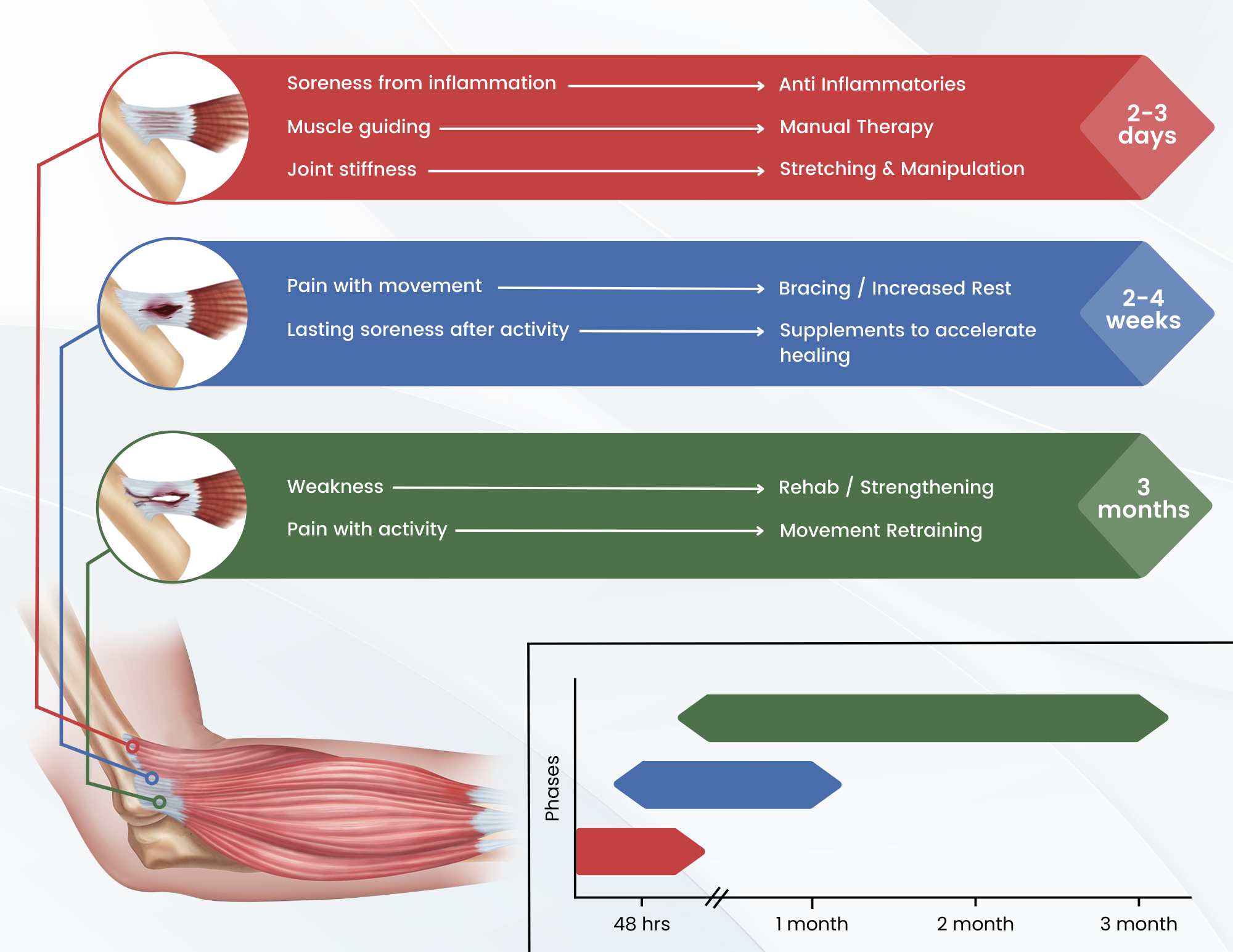A Window into Your Risk
Understanding your family history of cancer is crucial. If close relatives have been diagnosed with certain types of cancer, you may be at an increased risk. Discuss your family history with your doctor, who can help assess your individual risk and recommend appropriate screenings or preventive measures. It’s like having a blueprint of your health, allowing you to identify potential areas of concern and take proactive steps.
Embrace a Healthy Lifestyle: Fueling Your Body for Strength
A healthy lifestyle is a powerful tool in cancer prevention. Eating a balanced diet rich in fruits, vegetables, and whole grains, maintaining a healthy weight, and engaging in regular physical activity can significantly reduce your risk. Imagine your body as a fortress, and these healthy habits are the strong walls that protect it from invaders.
Protect Yourself from the Sun: Shielding Your Skin from Harm
Excessive sun exposure is a major risk factor for skin cancer. Always wear sunscreen with an SPF of 30 or higher, especially during peak sun hours, cover up with protective clothing, and seek shade whenever possible. Think of your skin as a delicate canvas – protect it from the sun’s harmful rays to keep it healthy and vibrant.
Don’t Smoke: A Choice for a Healthier Future
Smoking is a leading cause of several types of cancer, including lung, bladder, and pancreatic cancer. If you smoke, quitting is the single most important step you can take to reduce your cancer risk. It’s a powerful decision that empowers you to take control of your health and create a brighter future.
Limit Alcohol Consumption: Moderation is Key
Excessive alcohol consumption is linked to an increased risk of several cancers, including breast, liver, and colorectal cancer. If you choose to drink alcohol, do so in moderation, following recommended guidelines. Think of alcohol as a guest – welcome it in moderation, but don’t let it overstay its welcome.
Get Regular Screenings: Early Detection is Key
Regular cancer screenings are essential for early detection, which significantly improves treatment outcomes. Talk to your doctor about recommended screenings based on your age, family history, and other risk factors. Think of screenings as a proactive check-up, helping you catch any potential issues early on.
Be Aware of Cancer Symptoms: Recognizing the Signs
While not all cancer symptoms are obvious, it’s important to be aware of potential warning signs and seek medical attention if you experience any persistent or unusual changes in your body. These could include unexplained weight loss, persistent fatigue, unusual bleeding or discharge, a persistent cough or hoarseness, or a lump or thickening in the breast or elsewhere. It’s better to be safe than sorry – listen to your body and don’t hesitate to seek medical advice if you have any concerns.
Stay Informed: Empowering Yourself with Knowledge
Stay informed about cancer research, prevention strategies, and treatment options. Reliable sources of information include the American Cancer Society, the National Cancer Institute, and your doctor. Knowledge is power – it empowers you to make informed decisions about your health and take proactive steps to reduce your cancer risk.
Support Cancer Research: Contributing to a Brighter Future
Cancer research is a vital effort that aims to find new ways to prevent, diagnose, and treat cancer. Consider supporting cancer research organizations through donations, volunteering, or participating in fundraising events. Every contribution, big or small, helps advance the fight against cancer and brings us closer to a cure.
Maintain a Positive Outlook: The Power of Hope
While cancer can be a challenging experience, maintaining a positive outlook can play a significant role in your well-being. Surround yourself with supportive loved ones, engage in activities that bring you joy, and focus on the things you can control. Hope is a powerful force that can help you navigate through difficult times and find strength in the face of adversity.





